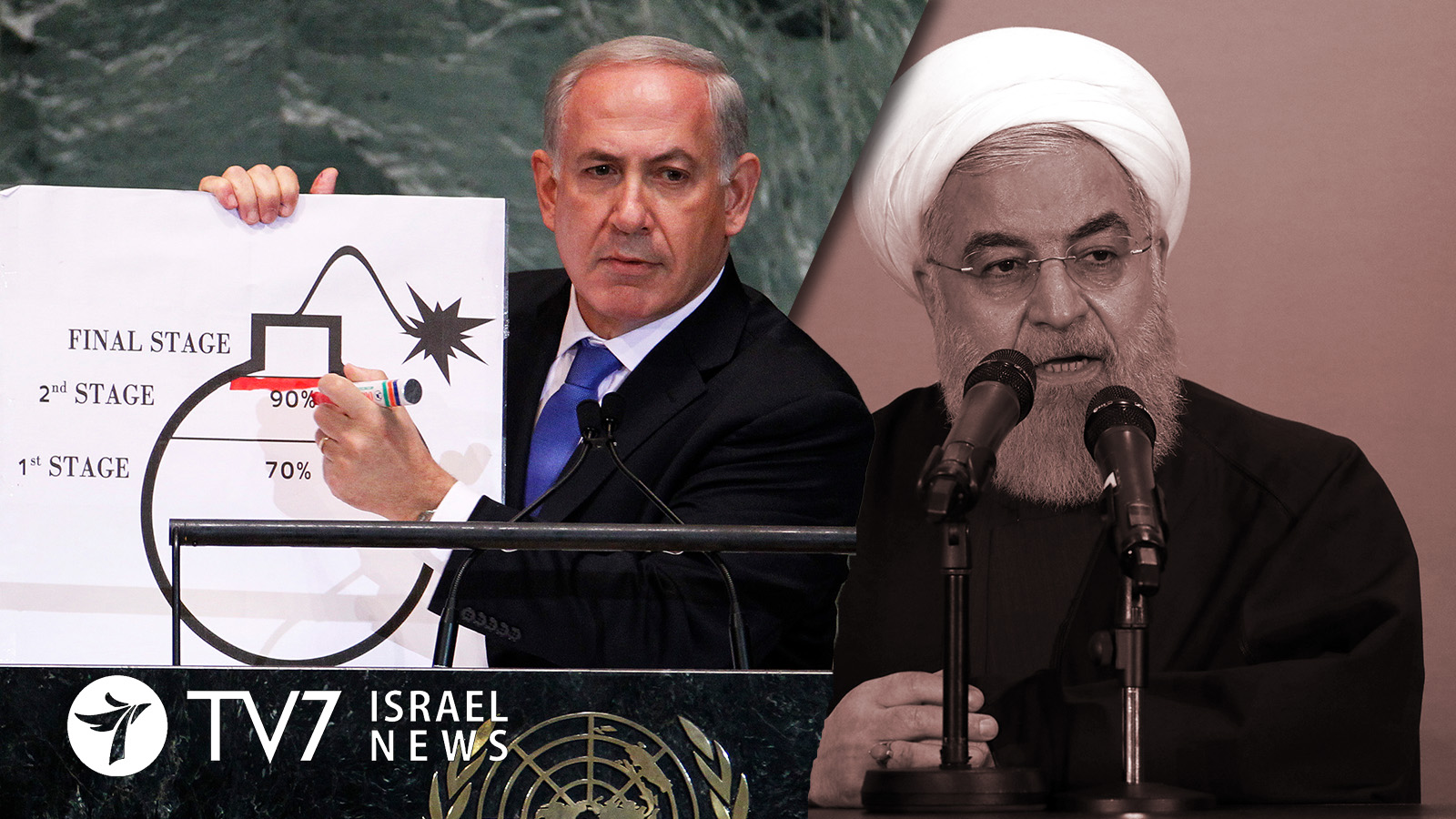Iran has vowed to overcome any attempt by Israel to disrupt its activities in Syria.
During his virtual weekly news conference, the Islamic Republic’s Foreign Ministry Spokesman Saeed Khateebzadeh warned that “Iran’s presence in Syria is advisory and naturally if anyone disrupts this advisory presence, our response will be a crushing one.”
“The Zionist regime (Israel) is well aware that the era of hit and run is over and therefore they are very cautious,” he added.
Tehran has long denied the deployment of military forces to Syria, and insists that the presence of its commandos in the Arab Republic has been limited to an ‘advisory capacity.’ As a key ally to Syrian President Bashar al-Assad since 2012, Iran is adamant that it will continue such assistance for as long as is necessary.
Khatibzadeh’s statements came just days after Israel carried out air strikes on Syrian army and Iranian paramilitary sites in the country.
Israel, which views views the Islamic Republic as its greatest security threat, has repeatedly attacked Iranian targets and those of its proxies in Syria, such as the Lebanon-based Hezbollah terror group.
IDF Spokesman Lt. Col. Jonathan Conricus announced 18 November that Israeli fighter jets attacked 8 targets, including an Iranian headquarters at Damascus International Airport and a “secret military site” that served as a “hosting facility for senior Iranian delegations when they come to Syria to operate.”
The Syrian Observatory for Human Rights monitoring group reported that half of the 10 fatalities in the Israeli strikes were Iranian nationals who served in the Quds Force of the Islamic Revolutionary Guards Corps that carries out operations outside of Iran’s own borders.
Khatibzadeh nevertheless refused to “confirm the martyrdom of Iranian forces in Syria.”
Meanwhile, Israeli Prime Minister Benjamin Netanyahu has directed an apparent message to the projected President-elect of the United States Joe Biden, against a return to the 2015 Iran nuclear deal abandoned by President Donald Trump.
Biden, who is expected to be inaugurated on 20 January, has previously declared that the U.S. would rejoin the international accord on condition that Tehran first resumed strict compliance with its nuclear obligations. The Democratic leader also said he would work allies “to strengthen and extend it, while more effectively pushing back against Iran’s other destabilizing activities.”
During a memorial ceremony for the state’s first Prime Minister David Ben Gurion, Netanyahu reiterated Israel’s determination to overcome all enemies.
“Against threats we are acting with aggressive resolve, the same policy which Ben Gurion set from the first days of the state and beforehand, ‘whoever tries to endanger us, whoever attempts to destroy us, and whoever attacks us in any possible way,’” he vowed, “Our policy is consistent. We will not make it possible for Iran to entrench militarily in Syria; we won’t make it possible for its proxies to act against us from Syrian or Lebanese territories or any other place.”
“And we will not allow Iran to attain nuclear weapons,” the Israeli leader then underscored, stressing that, “It is forbidden to return to the previous (2015) nuclear agreement. We must be consistent with an uncompromising policy to ensure that Iran will not develop nuclear weapons and that it will cease its aggressive behavior, including its support for terrorism.”
Netanyahu also addressed the opportunities that arise from Israel’s growing power, alongside Jerusalem’s resolve to confront Iran’s malign behavior.
“With regard to the opportunities, see the magnificent change that we are creating in the sector surrounding us. Thanks to systematic cultivation of our military and intelligence power and our economic and technological power, and above all, due to our resolved stance against Iran’s nuclear ambitions and our rejection of the nuclear agreement with Iran, many Arab nations have fundamentally changed their approach toward Israel,” he said.
Netanyahu was a strong opponent of the multilateral Joint Comprehensive Plan of Action (JCPOA), repeatedly denouncing it as a “very bad deal.” Trump withdrew from the accord in 2018.
European powers party to the agreement, along with Russia and China, have been trying to hold the deal together despite U.S. pressure for sweeping sanctions against Iran over breaches it declared in response to Washington’s pullout.
German Foreign Minister Heiko Maas began talks with his French and British counterparts in Berlin today, focused on the JCPOA, according to a German foreign office spokeswoman who added Iran was violating the agreement systematically.
Maas hosted France’s Jean-Yves Le Drian and Britain’s Dominic Raab at the German Foreign Ministry’s guest house Villa Borsig on the outskirts of the German capital.
According to the spokeswoman, the three nations “strongly call on Iran to stop violating the deal and return to fulfilling all its nuclear obligations completely.”
Last week, the Director General of the International Atomic Energy Agency Rafael Grossi reported that Iran had fired up advanced uranium-enriching centrifuges it had installed underground at its main Natanz nuclear site – in the latest breach of its nuclear deal with major powers.
